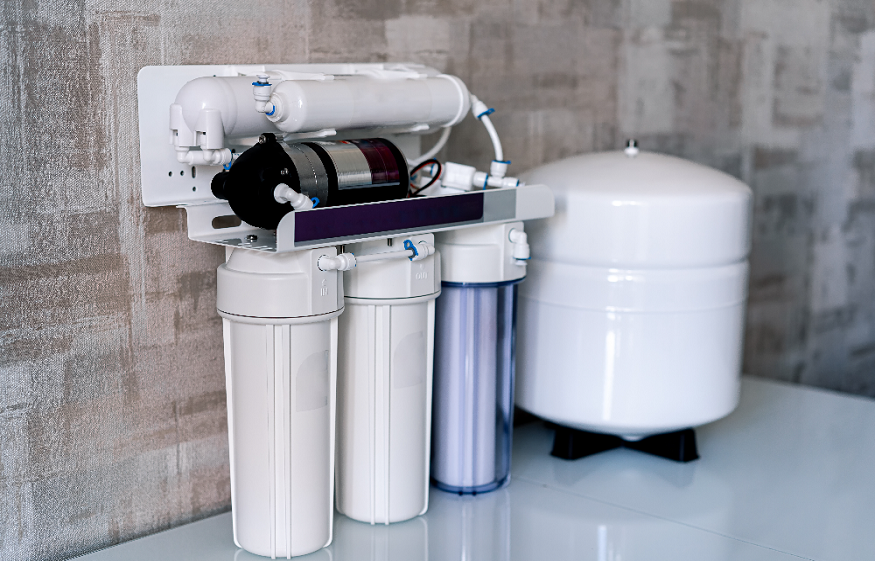One of the major imperatives for water filtration is to make the water we drink in our homes cleaner and healthier. Water filters provide all sorts of benefits.Indeed, in this country, there is a particularly good reason they have become so popular.
This is nothing short of major dissatisfaction with the quality of municipal water supplies as they currently exist, which, it has to be said, are falling seriously short of the mark in some parts of the country.
Water filters are most popular – unsurprisingly – in those parts where contamination is a serious risk. We should note that not all additional substances in water are bad, but wherever there are high levels of dangerous heavy metals, pesticides, chloride, and fluorides, water filters are often the preferred solution.
Another alternative, notes water experts Synergy Science, are water products like filtered water, purified water, and hydrogen water, but these are more often bought as heath products. For a continual supply of safe drinking water to a home, water filters are usually the answer.
While it must be remembered that although municipal water supplies may fail to meet certain homeowner’s standards, it is nevertheless held to certain standards as regulated by the government. That means that water filters are a terrific way of doubling-up on the barrier between you and contaminated water.
Municipal authorities will filter and treat your water, and then your home water filter will do the same thing. This is probably the gold standard for clean and healthy drinking water without resorting to a well water, which in any case comes with its own risk of contamination.
However, one thing about home water filters which many are unaware of is their potential foreco-friendliness. We all know issues such as depleting reserves of freshwater and groundwater, as well as the problem of humanity’s pollution of water sources.These are all, sadly, still a major issue in the U.S. today.
How Are Water Filters Eco-Friendly?
This isa fairly complex question to answer – for two reasons. Firstly, there are several kinds of water filters and, secondly, there are many ways in which they are considered to be good for the environment. Here follows then a brief run-down of their potential environmental benefits:
Reduce Waste
If your home is suffering from a contaminated water supplyand you don’t have a water filter or a well, then the only alternative is to purchase water in bottles. This raises the environmental concern of single-use plastics. And you will dispose of a lot of plastic if you’re buying bottled water.
Some companies do something about this, for example by providing reusable bottles and machines for the home that can create these alternative water products, but a filter is the real way to get clean water without producing any plastic water waste at all.
Reuse Water
As mentioned, water that goes through filters is municipal water. This means it is reused when it is flushed away, eventually coming back to your home after treatment. That reduces water waste (which could be an issue with a well), and the filter ensures that harmful contaminants are still removed.
Filters Protect Appliances
The mineral residue that builds up in any appliances that make use of hard water can make them less efficient (which wastes electricity) and can ultimately damage them (which produces waste).By softening the water with a filter, your appliances will last longer, which is good for the environment.
Normally, it is homeowner’s own health that is main incentive for getting a water filter, but the environmental benefits are marked and just another great reason to invest in one.




